
Lajme
string(88) "clark-i-hope-kosovo-will-be-invited-to-nato-soon-moscow-wants-destabilization-of-balkans"English

Gazeta Express
30/03/2022 14:49Clark: I hope Kosovo will be invited to NATO soon, Moscow wants destabilization of Balkans
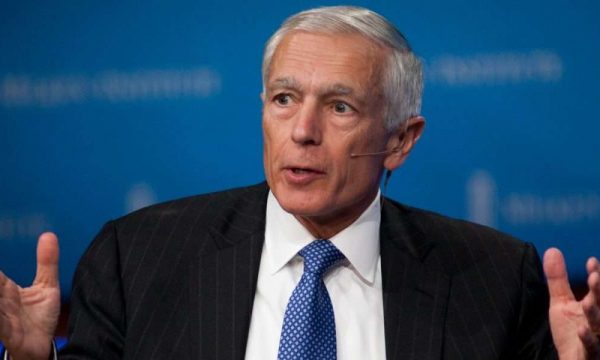
English

Gazeta Express
30/03/2022 14:49The decision to launch a bombing campaign against Serbia to stop the genocide that Serbia was committing against the civilian population in Kosovo was one of the crucial moments for the liberation of Kosovo. The drafter of the plan (bombing of Serbia), the retired US General Wesley Clark, in an exclusive interview for Gazeta Express explained how difficult it was to make the decision to bomb Serbia in 1999 – a decision which is already being asked also by the Ukrainians against Russia.
Regarding the tense situation in Europe after Russia’s aggression in Ukraine, Clark said that Moscow is interested in destabilizing the Balkans, but he hopes that Kosovo will receive the invitation for NATO membership soon. Clark, one of the initiators of Kosovo’s state-building, praises Kosovo’s achievements, seeing it as a model state in the troubled Balkan region.
He says he hopes that Serbia “can break away from old pan-Slavic ideas” and join modernism – away from Slobodan Milosevic’s ugly ideology. According to Clark, NATO must step up security in Europe given that a possible Russian occupation of Ukraine would jeopardize stability. He also says that Ukraine should be supported in any form, while emphasizing that a bombing campaign like in the case of Kosovo is not the right answer at the moment, but more direct NATO action in the future may be needed.
Gazeta Express: We are now seeing how difficult it is for NATO to take action to stop Russian aggression in Ukraine like the one it took in 1999 to stop the genocide that was taking place in Kosovo from Serbian aggression. How difficult was it for you to make the decision to start the bombing campaign against the regime of Slobodan Milosevic?
Wesley Clark: NATO had clearly explained to Milosevic, and taken action to affirm, that if he resumed ethnic cleansing, he would suffer the bombing campaign. The decision to start the campaign was made by the President of the US and NATO Heads of Government. I prepared the concept plans and was consulted during the decision-making process.
Gazeta Express: After the genocide in Bosnia, did Milosevic have to be trusted when he said: “Kosovo is an internal matter” and “would not hurt his people”? Was it possible to prevent the massacres that took place?
Wesley Clark: Realistically, it was not possible to include Kosovo in the Dayton Peace Process, and so it took the escalating Serb attacks in 1998 to bring to NATO the need to work Kosovo.
Gazeta Express: Was there really a risk of starting World War III after the entry of Russian forces into Pristina in 1999?
Wesley Clark: No, there was no such risk. This was simply the exaggerated concern expressed by a British General under high stress.
Gazeta Express: Madeleine Albright died a day before the 23rd anniversary of NATO intervention, which she considered the greatest pride. How do you remember her?
Wesley Clark: Secretary Albright was a strong, principled leader who stood for freedom and democracy – she dedicated her life’s work to these principles. She believed the United States must lead. She could be a fierce proponent of taking the right actions. And I was always grateful for her insights and support.
Gazeta Express: How do you see Kosovo now? Is there progress?
Wesley Clark: Kosovo has made tremendous progress and is on its way to becoming a model of freedom and democracy in the region. I am so pleased that the United States was able to help start the people of Kosovo on this journey. Now Kosovo requires more investment, continuing wise policies and good statecraft to build its security and economic foundations in a troubled region.
Gazeta Express: There are fears and concerns in the Balkans that the conflict in Ukraine could spread to the region, especially in Bosnia and Herzegovina and Kosovo. Do you think there is a real danger and how should NATO act in this case?
Wesley Clark: It seems clear that Russia is interested in destabilizing the Balkans, but so far this has not happened. The EU has reinforced its presence in Bosnia, and Mr. Dodik has been warned and sanctioned there. Serbia is struggling to divorce itself from old ideas of pan-Slavism and imperialism and move into the modern world; hopefully this can happen. NATO stands ready to assist in maintaining stability in the region; I hope that Kosovo will soon be invited to join NATO.
Gazeta Express: In this context, there are Serbian ministers and officials who still honor the war criminal Milosevic, do you think his legacy is still alive?
Wesley Clark: There are still radical groups in Serbia, and some wistful nostalgia for the ugly dreams Milosevic inspired. This is a pity; Serbia must face to the West to find its rightful future.
Gazeta Express: 23 years later, again an aggression is happening against a European country. Do you think that NATO should intervene as it did in Kosovo?
Wesley Clark: NATO must find ways to strengthen security in Europe; a Russian conquest of Ukraine will put NATO in and stability in Europe at risk. Right now, NATO member nations should be doing everything possible to help Ukraine defend itself by giving full diplomatic, humanitarian, and military support. A NATO air campaign, as we did for Kosovo, is not the right answer at this point, but more direct NATO action could be necessary at some future time.
Të tjera nga rubrika
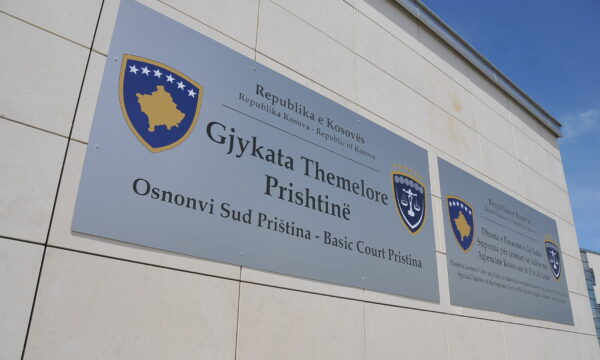
The Basic Court dismisses the indictment against Klodian Allajbeu, Ekrem Lluka and others

Jessica Simpson Takes Lookalike Daughter to Paris For 13th Birthday Amid Divorce
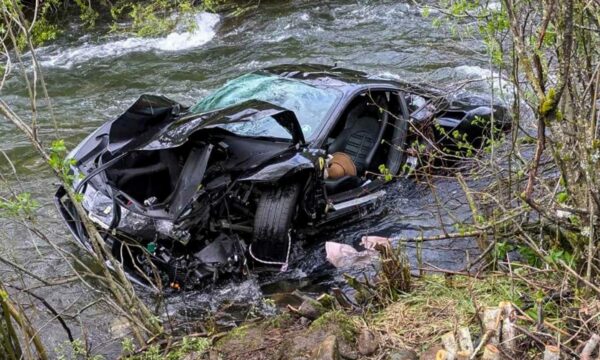
British couple die after Ferrari plunges off mountain in Spain
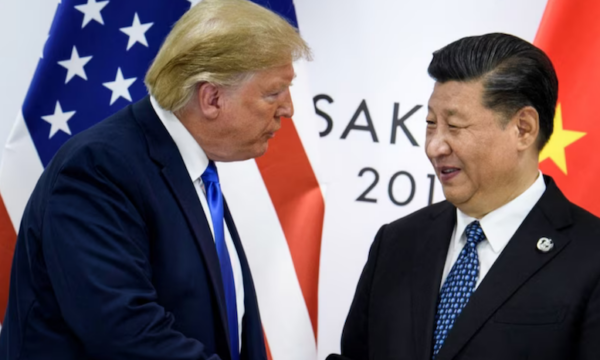
Tariffs Temporarily Cut As Talks Narrow Differences
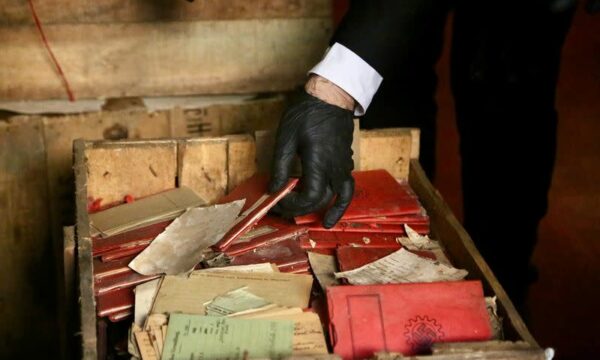
Argentina’s top court finds 80 boxes of Nazi materials in its basement

Why The Tops Of Microwave-Baked Treats Are Ugly And How To Fix Them
Te fundit
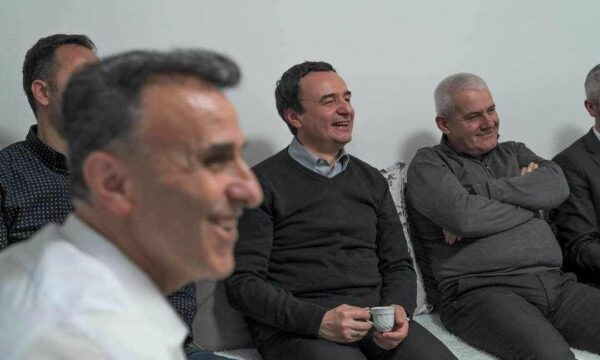
Hetemi i VV’së i pasigurt për betejën zgjedhore në Leposaviq, vendimin se a do të garojë më 12 tetor e merr “pas disa javësh”

Koreja e Veriut ndalon të huajt në resortin bregdetar vetëm disa javë pas hapjes

“Ka ardhur koha që të flitet për Dritën në Europë”, Open-TV në vizitë te kampionia e Kosovës në Gjilan

City e dëshiron yllin e kombëtares angleze

SHBA refuzon paktin e OBSH-së për përgjigje ndaj pandemive

Uashingtoni ndryshon qasjen: Diplomacia amerikane nuk do të komentojë më për zgjedhjet dhe drejtësinë në vende të tjera
✕





